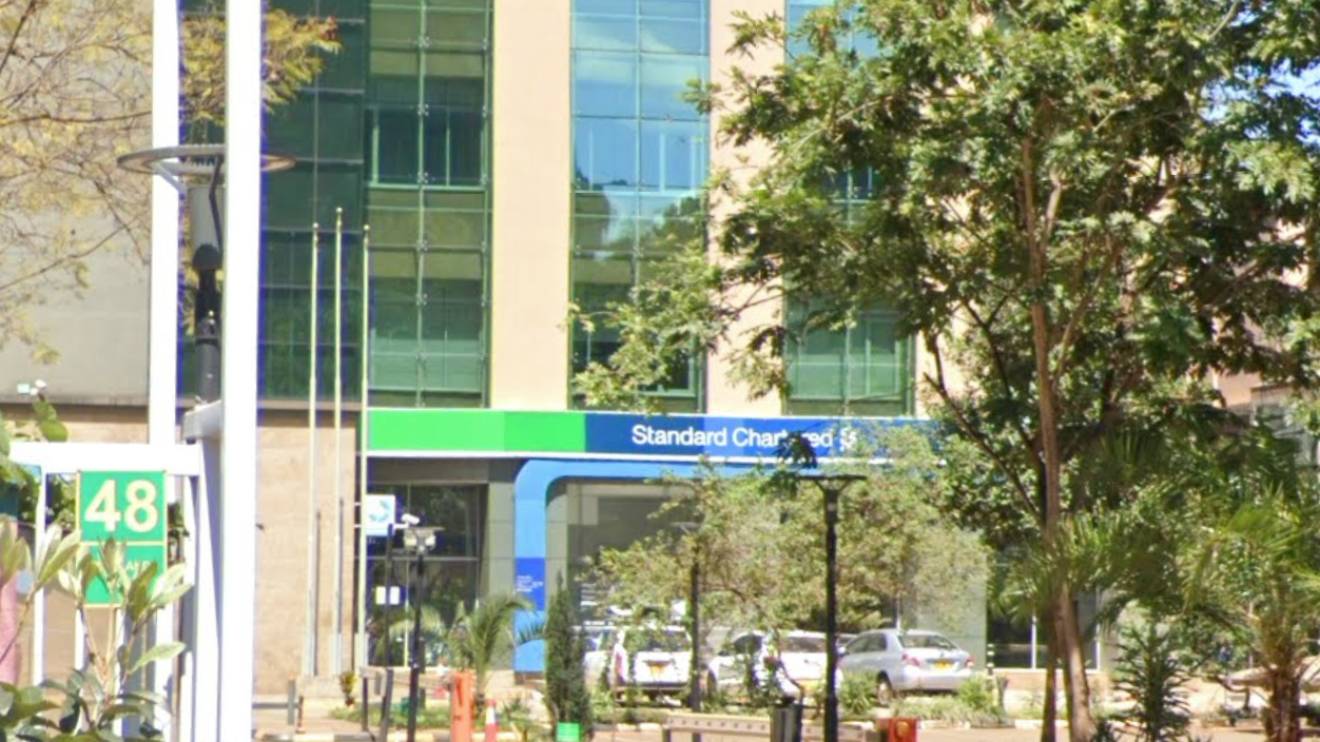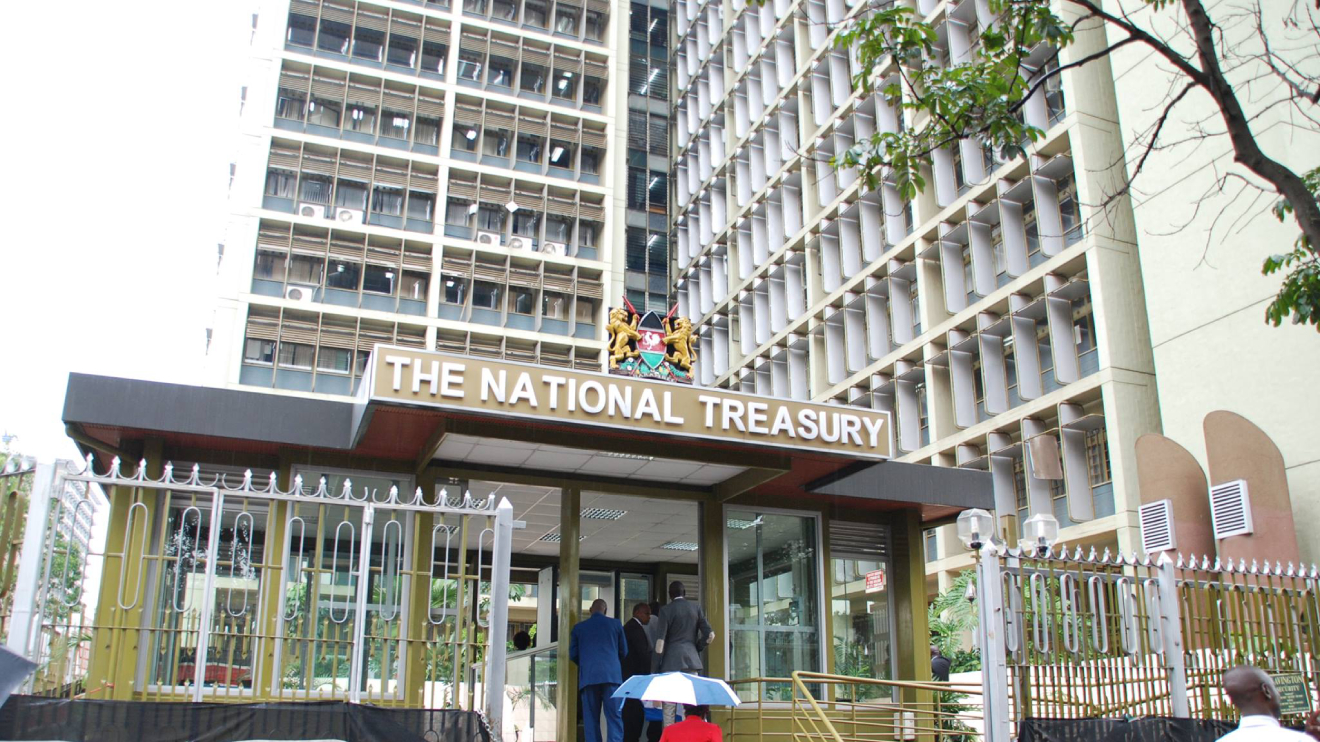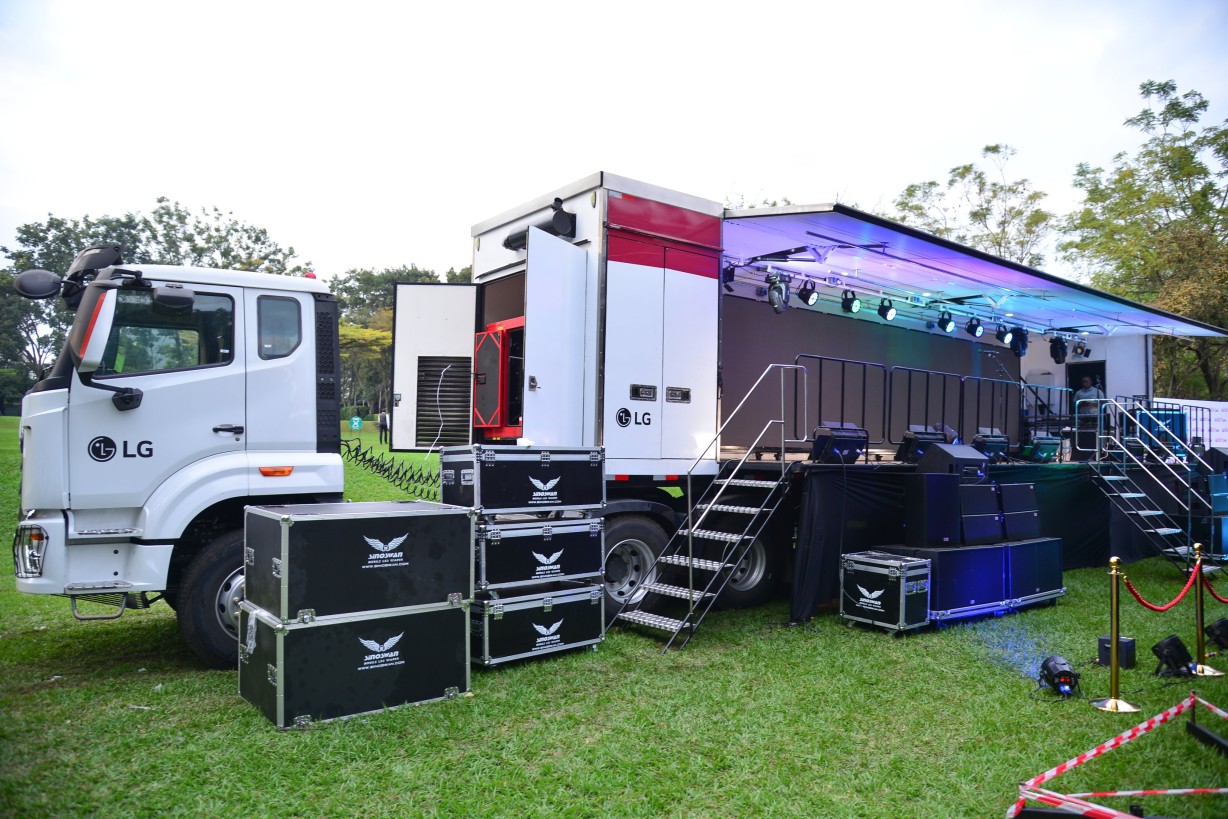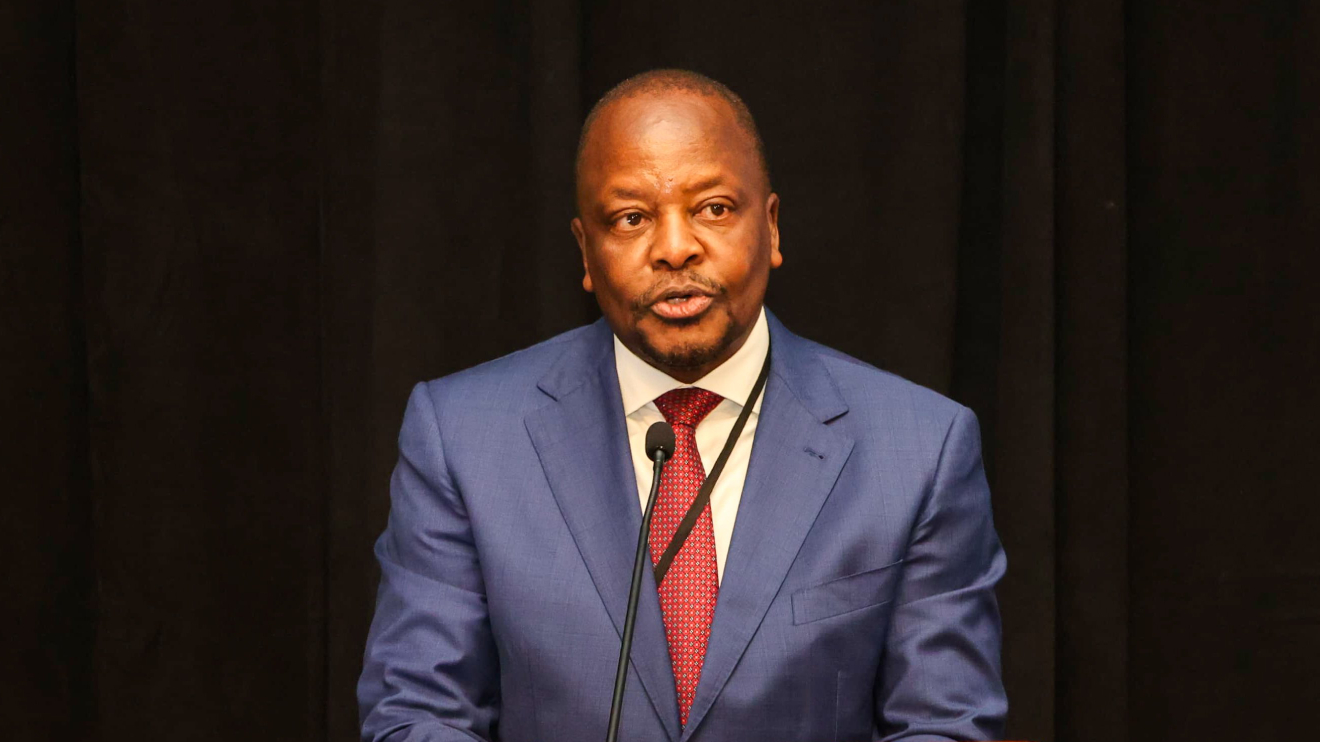The Kenya Association of Manufacturers (KAM) has expressed cautious optimism regarding the government's initiatives to propel the manufacturing sector's growth.
The government aims to increase the sector's contribution to the Gross Domestic Product (GDP) from 7.8 per cent to 20 per cent by 2030.
This ambitious plan aligns with KAM's vision, which includes creating more jobs (from 352,000 to 1 million), boosting tax contributions (from Sh360 billion to Sh1 trillion), and significantly increasing value-added output (from USD 8.5 billion to USD 50 billion).
However, while acknowledging the progressive proposals in the Finance Bill 2024 aimed at promoting manufacturing growth, KAM has raised concerns about several other proposals that could hinder this objective and ultimately impact ordinary Kenyans, or "Mwananchi."
KAM argues that certain proposed fees, levies, and duties could have unintended consequences.
Read More
Operating within the East African Community Common Market (EAC), COMESA, and now AfCFTA, Kenya's domestic taxes could render Kenyan products uncompetitive compared to those from neighbouring countries.
As an example, KAM highlighted how Kenya transitioned from being the largest exporter of paper and steel products to the EAC to a net importer due to tax policies implemented in 2023.
The proposed Finance Bill includes several measures that KAM finds particularly concerning:
Export Investment Promotion Levy (EIPL): KAM argues that imposing this levy on raw materials for manufacturing would increase production costs, hindering competitiveness in both local and export markets.
Eco-Levy: While supporting environmental conservation, KAM suggests the proposed Eco-levy would not only duplicate existing levies but also disincentivize investments in waste recycling, hindering Kenya's goal of becoming a regional recycling hub.
The levy is estimated to increase packaging costs by 100 per cent in some cases, impacting essential household items.
Import Declaration Fund (IDF) Increase: KAM believes that raising the IDF from 2.5 per cent to 3 per cent would negatively impact the cost of raw materials and intermediate products, further diminishing the competitiveness of local industries.
Excise Duty Changes: Proposals to remove an offset mechanism for raw materials subject to excise duty and introduce a 10 per cent excise duty on plastic products are seen as detrimental.
KAM estimates these changes, combined with the Eco-levy, would increase the cost of essential items like basins and cooking oil by up to 200 per cent and 80 per cent, respectively.
KAM emphasizes the importance of a National Taxation Policy that provides certainty and consistency for investors.
They highlight the ongoing challenges faced by exporters, such as delays in VAT refunds and high input costs, which continue to deter exports.
KAM urges the National Assembly to consider the concerns of all stakeholders, including citizens and businesses, before adopting the proposals in the Finance Bill 2024.
Their primary focus is on supporting the manufacturing sector to reduce production costs, stimulate job creation, and ultimately lower the cost of living for ordinary Kenyans.
Here's KAM's statement on the Finance Bill 2024.
— KAM (@KAM_Kenya) May 20, 2024
Link:https://t.co/Cx5z9K3XjZ#KAMAdvocacy pic.twitter.com/JERWSfSCrO







